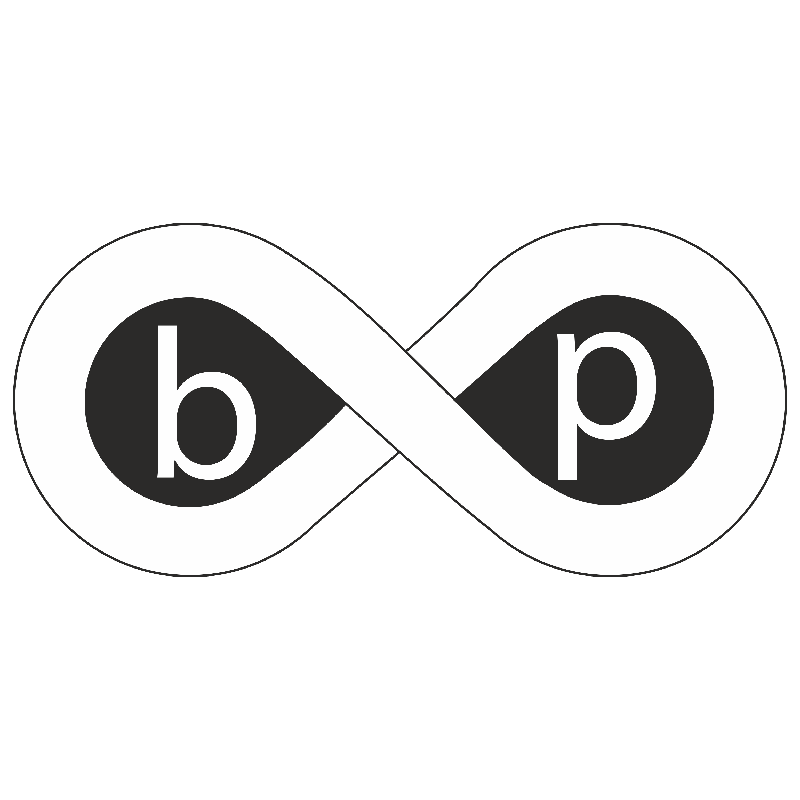Career Anchor Theory was developed by organizational psychologist Edgar Schein.
The theory goes beyond traditional career advice to explore the fundamental values, motives, and talents that drive individuals’ long-term career choices. It proposes that each person possesses a unique “career anchor,” a set of deeply held internal compass points that guide their professional journey.
Understanding these anchors can be transformative for individuals seeking self-awareness and career fulfillment, as well as for organizations striving to attract and retain talent aligned with their values.
Background
Born in the 1970s, Career Anchor Theory emerged from Schein’s research on mid-career professionals who faced career plateaus or dissatisfaction. He observed that individuals, despite changing jobs or industries, often gravitated towards roles that resonated with a core set of underlying needs and aspirations. This led him to conceptualize the idea of career anchors, stable and enduring internal constructs shaping career decisions.
Core Principles
- Individuality: Each individual possesses a unique career anchor, shaped by their personal experiences, values, and talents.
- Stability and Change: While anchors remain relatively stable throughout a career, they can evolve and adapt to new circumstances.
- Predictive Power: Understanding one’s anchor can predict career choices, satisfaction, and potential for growth.
Elements
Schein identified eight core career anchors:
- Technical/Functional Competence: Desire for expertise and mastery in a specific field.
- General Managerial Competence: Aspiration for leadership and organizational impact.
- Autonomy/Independence: Preference for self-directed work and control over one’s career path.
- Security/Stability: Need for job security and predictability.
- Entrepreneurship/Creativity: Desire to innovate, build new ventures, and take calculated risks.
- Service/Dedication to a Cause: Commitment to making a positive impact on society.
- Pure Challenge: Driven by the thrill of overcoming complex problems and achieving mastery.
- Lifestyle Balance: Seeking a career that integrates well with personal and family life.
Career Anchor Theory is not a rigid prescription but a framework for self-discovery. By identifying their dominant anchor and understanding its nuances, individuals can:
- Make informed career decisions: Choose roles and organizations that align with their core needs and values.
- Navigate career transitions: Find meaningful work even during challenging times or job changes.
- Communicate effectively: Articulate their career aspirations and strengths to potential employers.
For organizations, understanding career anchors can:
- Attract and retain talent: Design jobs and cultures that resonate with desired anchor profiles.
- Develop and motivate employees: Create career paths and opportunities that align with individual aspirations.
- Improve talent management: Build a more engaged and productive workforce.
Relevance today
While Career Anchor Theory remains relevant, ongoing research explores its application in diverse contexts, including:
- Globalized workforces: Recognizing cultural influences on anchor development and expression.
- Technological advancements: Examining how technology impacts career choices and anchor preferences.
- Changing career models: Adapting the theory to gig economies and freelance work arrangements.
Conclusion
In conclusion, Career Anchor Theory provides a valuable framework for navigating the complexities of career choices. By understanding their unique anchors, individuals can chart a course towards meaningful work and fulfillment, while organizations can foster a more engaged and aligned workforce. As the world of work continues to evolve, this framework will undoubtedly continue to be refined and applied to new challenges and opportunities, ensuring its enduring relevance in the ever-changing landscape of career development.
